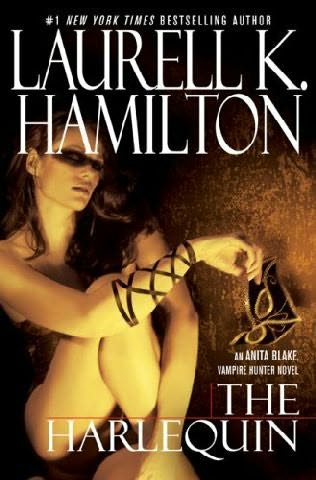After four months in an ashram in India, learning to meditate, Gilbert ends the book in Bali.
She also ends with a story about a Zen teaching—that an oak tree is created by the existence of the acorn, plus the force of the tree the acorn will grow into, willing the acorn into growth, to create its own existence. Perhaps, she thinks, the voice that comforted her back when she was sobbing on the bathroom floor in her house in New York was the older, happier, more balanced self who is now in Bali . She does not have a house. . .so far as we know; she is not planning on marrying her lover, and the two of them are not going to have any babies. Her life at the end of the book is the mirror opposite of the life she was leading at the beginning. The book leaves the impression that she is a different person from the woman she was at the beginning, and as all such "journey of self discovery" books must, we have a happy ending.
But is this really believable? Certainly, Gilbert could not have ended the book ambiguously--a book that ended with her feeling dissatisfied and uncertain what to do next would simply not have been one that would be published. I left the book feeling a little bit manipulated--played, if you will--by this woman.
Think about it, after all. Here is a woman who is in a terrible place in her life--her divorce got ugly and dragged on and on. Her rebound relationship also fell apart. She was left with very little after the settlement. So, she proposes a book where she will spend four months in each of three countries to find herself, or find balance, or something. How likely is it that at the end of a single year she will have any real handle on The Right Way to live her life?
I'll tell you. Not very likely at all. BUT--it can be written as though she has found The Right Way, and she doesn't have to reveal any glitches, or failures, or anything negative that happened. And I think that is what happened. It all looks lovely at the end, but I doubt that her life stayed as idyllic as it looked while she was on vacation with her new lover in the South Pacific.
NOBODY'S life ever ends up as idyllic as it looks while on vacation.
So, here's the problem I have with this book: I think we have been manipulated into thinking that Elizabeth Gilbert ate and prayed her way into balance, which was actualized on Bali. I think she was not all that different a person at the end than at the beginning of the book, and all the "growth" the book presents is illusory.
What makes me say that? The first thing that really rang false for me was the night she met her Brazilian lover. She hardly noticed him at all that night. Instead, she met a Welsh ex-pat named Ian, and they talked for hours. She says at least twice "I really liked this guy." At the end of the evening, they part without exchanging contact information, and Ian says "We will meet again when [the gods] think it's right."
And she goes home and obsesses over this guy. She relives everything they said, and projects a future with him. She starts to worry about where they would live, how she would be able to continue her career from Bali. She essentially abandons everything about herself in order to mold herself around this new man. This is David Redux--everything about this monologue is exactly the same endless dither she used to do about David.
Remember, she doesn't know where he lives, she doesn't have a phone number for him. He doesn't have her address or her email. Even Prince Charming had Cinderella's shoe to help him find her again! Ian and Liz have less than that. So, we are treated to the very real idea that if Ian ever called her again, she'd dive right back into the same kind of clingy dependent relationship that she had with David less than a year before. Everything about this spells disaster.
Except that she doesn't run into him again. Ever. (As far as we know.) The infatuation burns itself out, we are left to suppose, because she doesn't mention him again after that one experience. It seems that the only thing that allowed her to move herself out of the rut of bad relationship patterns was sheer luck in not seeing this guy again! How enlightened is that?
Second, the final scenes of the book feel set up and manipulated. Gilbert ends the book describing a vacation she is taking on another island close to Bali. This is an island she has visited before, at the nadir of her divorce and breakup. Here she took a vow of silence, and meditated and tried to quiet her turbulent emotions. She describes beautifully the process of examining her fear. anger and shame, and accepting those feelings. She says she invites those things into her heart to rest. She reassures them (and herself) that they are loved, accepted, and that "it is over." After ten days, she finds herself at peace.




